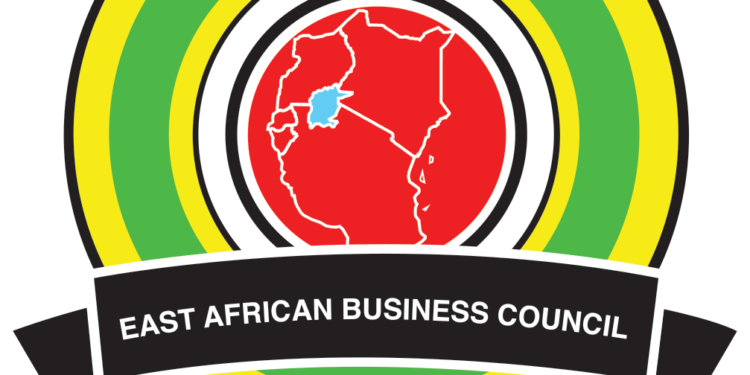East Africa Business Council (EABC) is asking stakeholders to fast track the formation of the African Business Council to provide a continental platform for aggregating and articulating the views of the private sector in the policy formulation processes, as the date of a fully functional African Continental Free Trade Area (AfCFTA) takes shape.
This was announced by the EABC Chief Executive Dr Peter Mathuki in a recent tweet.
“It is crucial that we approach AfCFTA through the existing Regional Economic Communities (RECs), which serve as AfCFTA’s building blocks, while capitalizing on ongoing integration initiatives such as Tripartite Free Trade Area (TFTA),” Mathuki added.
TFTA is a proposed African free trade agreement between the Common Market for Eastern and Southern Africa (COMESA), Southern African Development Community (SADC) and East African Community (EAC).
This comes in the wake of concerns being made on the slow progress in actualizing operations of the continental body. It is only 18 out of the continent’s 55 countries that have submitted their tariff offers and rules of origin.
A number of countries missed the October 30 deadline to submit their tariff concessions, and have until December 5 to do so, according to officials in charge.
The Democratic Republic of Congo, Egypt, Madagascar, Malawi, Mauritius, Seychelles and Sao Tome and Principe have submitted their tariff concessions as they are not part of any Customs Unions or single customs territory. Although Nigeria ratified its membership of AfCFTA about a week ago, it still has to lodge its tariff concessions and rules of origin before the December 5 deadline.
The Southern African Customs Union (SACU) and the states under the Central African Economic and Monetary Community (CEMAC) have tabled their offers, according to Prudence Sebahizi, the head of AfCFTA Negotiations Support Unit at the African Union.
The East African Community, whose members can’t submit offers individually since they apply a Common External Tariff, will also be required to submit the tariff offer.
In August this year, African Union Commission inaugurated African Continental Free Trade Area (AfCFTA) permanent secretariat in Ghana as a launch pad for Africa’s economic transformation.
The African Development Bank Group provided a $5 million institutional support grant to the AU towards the establishment of the AfCFTA secretariat
At a ceremony held in August to commission the permanent secretariat, Ghana’s President Nana Akufo-Addo and Moussa Faki Mahamat, chairperson of the AU Commission, reiterated the importance of the body to the continent’s economic transformation agenda..
“The economic integration of Africa will lay strong foundations for an Africa beyond aid. Africa’s new sense of urgency and aspiration of true self-reliance will be amply demonstrated by today’s ceremony,” Akufo-Addo said.
Ghana was selected as the venue for the headquarters by African leaders during a Summit of AU Heads of states in Niamey in July last year, to launch the implementation phase of the agreement, which is expected to spur regional trade among member countries. Currently, 54 states have signed on to AfCFTA, out of which 28 have ratified it.
President Akufo-Addo appealed to member states that have not ratified to do so before the next AU summit in December, “to pave the way for the smooth commencement of trading from 1 January 2021.”
The COVID-19 pandemic has heightened the importance of the success of the AfCFTA, the Ghanaian president said.
“The destruction of global supply chains has reinforced the necessity for closer integration amongst us so that we can boost our mutual self-sufficiency, strengthen our economies and reduce our dependence on external sources,” he said.
AfCFTA, the world’s largest free trade area, has the potential to transform the continent with its potential market of 1.2 billion people and combined GDP of around $3 trillion across the 54-member states of the AU. Mahamat said the opening of the secretariat marked a milestone in the vision of Africa’s founding founders for continental integration.





